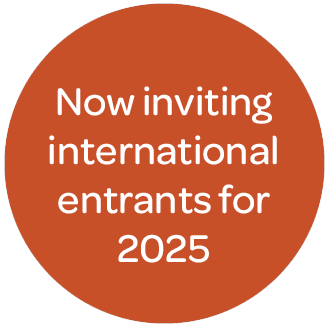It was all going so well
Tourism across the UK has experienced a decade of solid growth with record tourist arrivals and inbound tourist spend across the nations, supporting jobs and providing its visitors with a great holiday experience. The forecasted annual growth rate for the years ahead was significantly in excess of that for the UK economy as a whole.
Then COVID-19 arrived, and delivered an immediate and full stop to international tourism right across the world, and the islands and nations of the UK were no exception. Since the middle of March 2020, there have been virtually no inbound visitors, most flights have been cancelled and hotels and attractions are closed.
At present, there is great uncertainty, however, tourism in the UK (like most sectors) is likely to be facing a multi-phased recovery period as it exits from restrictions. Thankfully, we are beginning to see a gradual easing of the highly restrictive ‘lockdown’ phase around the world. We are moving into a period of living with the threat of COVID-19, to finally emerging when a vaccine and/or effective treatment becomes widespread. Tourist boards and DMOs across the UK (and around the world) will need to navigate through each phase of the crisis, and in order to do this they each require effective and timely evidence on which to base their decisions.
Research and insight have a big role to play here to inform future decision making and advise on a pathway for recovery. Clearly, the pandemic represents a huge conundrum for tourist marketeers at the moment. While the optics of tourism marketing campaigns in times of ‘panic’ can fail to hit the spot, failing to market destinations which are lower risk can potentially exacerbate the situation. One of the vulnerabilities of the tourism industry is that it is built entirely around a discretionary purchase: most people don’t have to travel, they choose to.



















